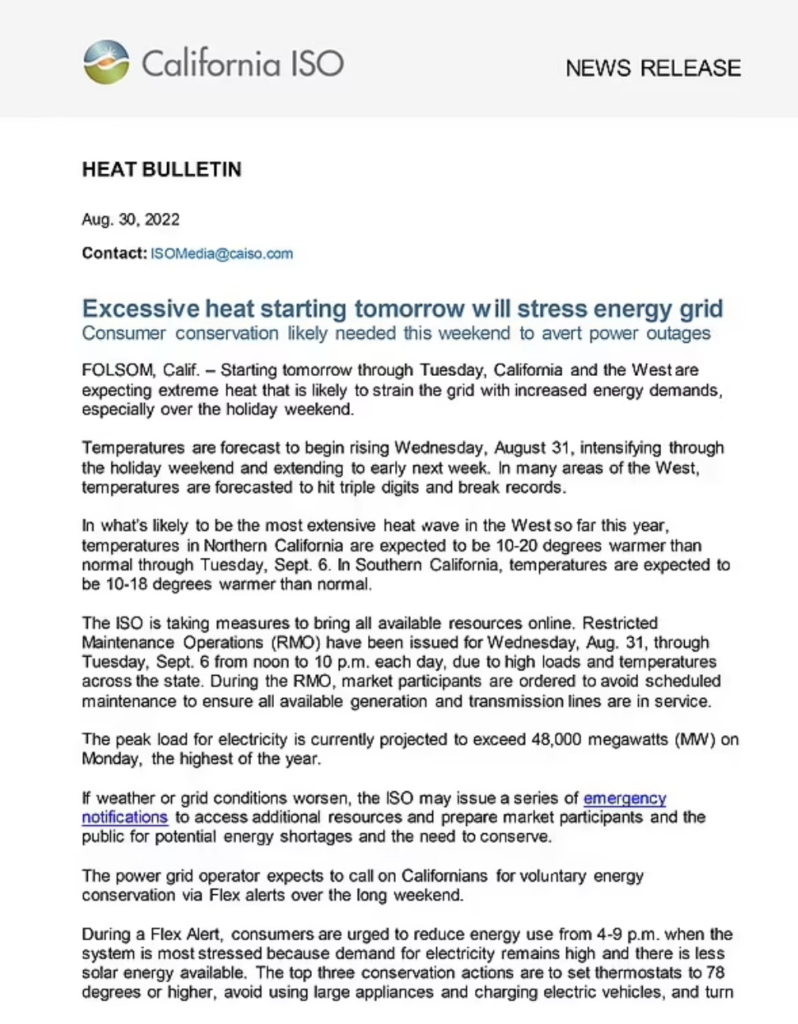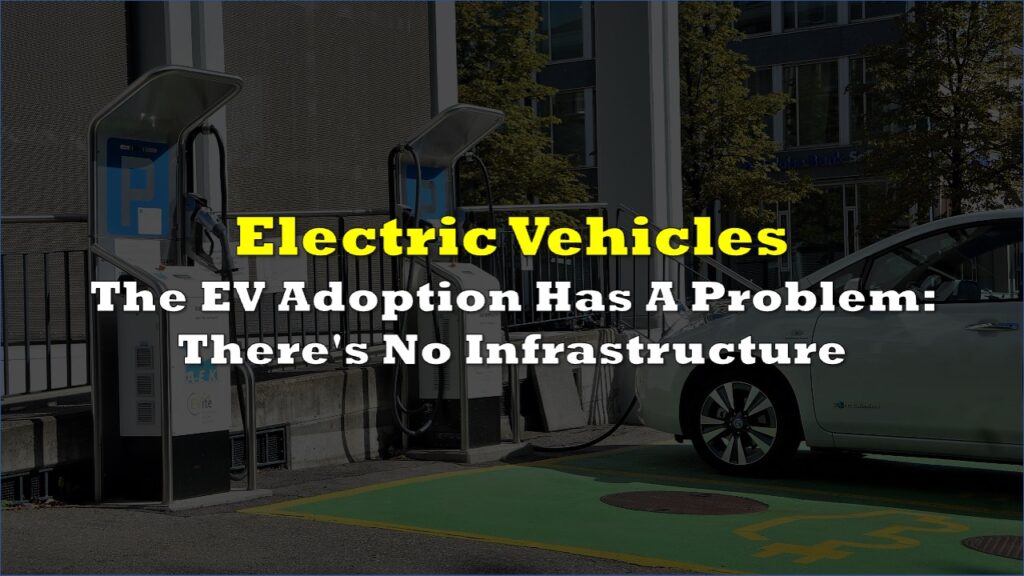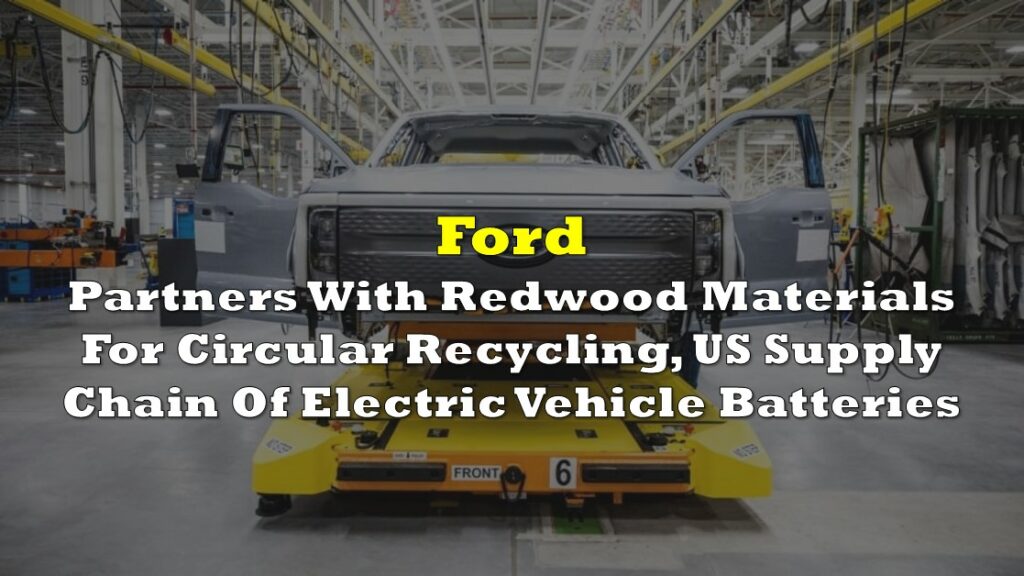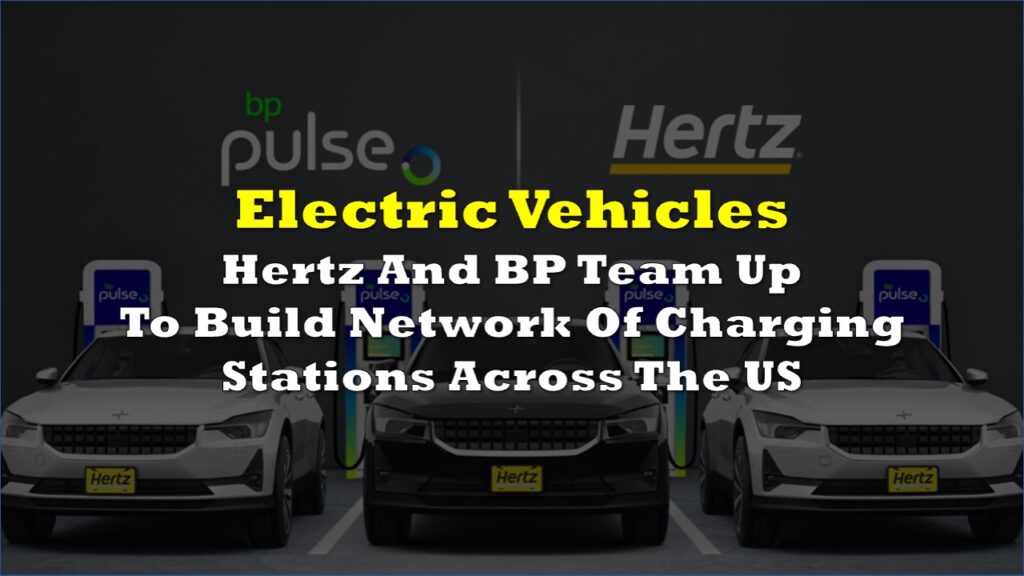The state of Wyoming is putting its foot down when it comes to the electrification movement that is sweeping the country. So much so, in fact, that lawmakers proposed a bill to ban the sale of electric vehicles in the state, concurrently as other states ban the sale of cars with internal combustion engines.
As antithetical as that may sound, six lawmakers led by Republican Senator Jim Anderson introduced a bill called Phasing Out New Electric Vehicle Sales by 2035, making the case for the state’s incompatibility for a mass influx of electrified cars. “Wyoming’s vast stretches of highway, coupled with a lack of electric vehicle charging infrastructure, make the widespread use of electric vehicles impracticable for the state.”
The lawmakers pointed to Wyoming’s strong fossil fuel economy which contributes a significant amount to state revenues, which may take a hit should electric vehicles become too mainstream.
Take That, California! "Wyoming Legislators Draft Resolution Banning Electric Vehicles By 2035.”
— Climate Scam (@ClimateScam) January 15, 2023
Wyoming is the largest coal producer in America. 41% of our coal comes from Wyoming. (13% comes from West Virginia.) Coal is used to generate electricity. Nice! #climateswcam
Although Wyoming has the smallest population among all US states— accounting for approximately 0.17% of the country’s entire population to be exact— the state was the eighth biggest producer of oil in the US in 2021. Thousands of the state’s residents are employed in the oil and gas sector, and according to the lawmakers, the transition to zero-emission cars could threaten their livelihood.

The lawmakers also took aim at the state’s lack of EV charging infrastructure, and the substantial added costs that such a task to introduce the equipment would entail. Moreover, the bill points to growing environmental concerns accompanying the disposal of EV batteries, and the supposed increased training employees at landfills would have to undertake.
“The critical minerals used in electric batteries are not easily recyclable or disposable, meaning that municipal landfills in Wyoming and elsewhere will be required to develop practices to dispose of these minerals in a safe and responsible manner,” the bill explains.
[ NEW ] – 6 Republican lawmakers in Wyoming are proposing to phase out the sale of new electric vehicles in the state by 2035 to protect its oil and gas industries and preserve critical resources… pic.twitter.com/AmmODwb7EF
— The Stark Naked Brief. (@StarkNakedBrief) January 17, 2023
The resolution is meant to be a contradiction to other states’ and the federal government’s recent moves to ban internal combustion engines between 2030 and 2035. The lawmakers likely took note of California’s recent predicament, whereby the state took the lead in phasing out fossil fuel-powered cars only to find out that its power grid couldn’t keep up during times of heatwaves. In fact, the golden state ironically had to tell its citizens to refrain from charging their EVs to reduce strain on the state’s grid operator during an unseasonably high temperature streak this past summer.

However, banning the use of electric vehicles in Wyoming is certainly a tough task. That’s why it’s more of a symbolic gesture, whereby the state’s residents and businesses are encouraged to cut back purchases and sales of zero-emission vehicles, with the goal of eliminating them entirely by 2035. The Wyoming Legislature is currently in the midst of discussing the proposed resolution, and it remains unknown whether it will be approved.
Everyone please laugh at Wyoming’s bill to ban electric vehicles, their population is less than 579,000, about same as Baltimore.
— Anti-vibes (@antistuff) January 16, 2023
28 US cities have more people than WY.
Meaningless.
There's a new bill in Wyoming to phase out the sales of electric vehicles by 2035 to "ensure the stability" of their state's oil and gas industry. This is so embarrassing. pic.twitter.com/Qrvj0YMPOJ
— Fifty Shades of Whey (@davenewworld_2) January 15, 2023
But, despite how absurd Wyoming’s proposed law sounds, the lawmakers may have a point. The undue pressure a large amount of EV charging infrastructure has on a power grid can be overwhelming, especially during times of acute weather conditions or energy shortages. Take Switzerland for example: the country’s government came up with a draft ordinance that would prohibit the use of electric vehicles for leisure purposes in the event its energy supplies reach critically-low levels.
Switzerland planning to temporarily ban the use of electric vehicles, to reduce electricity usage due to supply constraints
— Emanuel Ajay Datt (@eadatt) December 1, 2022
In contrast with present policy aiming to ramp up EVs to 50% of new car sales by 2025
Facts eliminating fiction this winter?? pic.twitter.com/OYltsoqvzb
Although the country has fared relatively well thanks to its reliance on hydropower rather fossil fuels, the government’s growing concerns over electricity security during times of a mass transition towards zero-emission vehicles suggests Wyoming’s lawmakers may not be that ludicrous after all.
Information for this briefing was found via the State of Wyoming, Twitter, and the sources mentioned. The author has no securities or affiliations related to this organization. Not a recommendation to buy or sell. Always do additional research and consult a professional before purchasing a security. The author holds no licenses.









